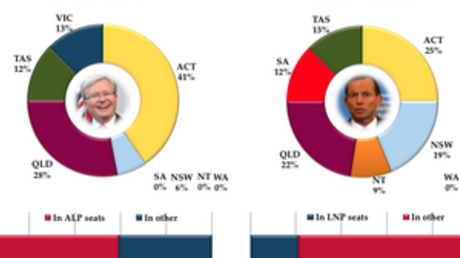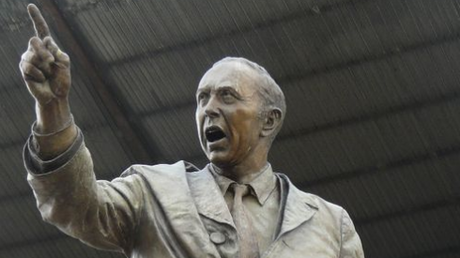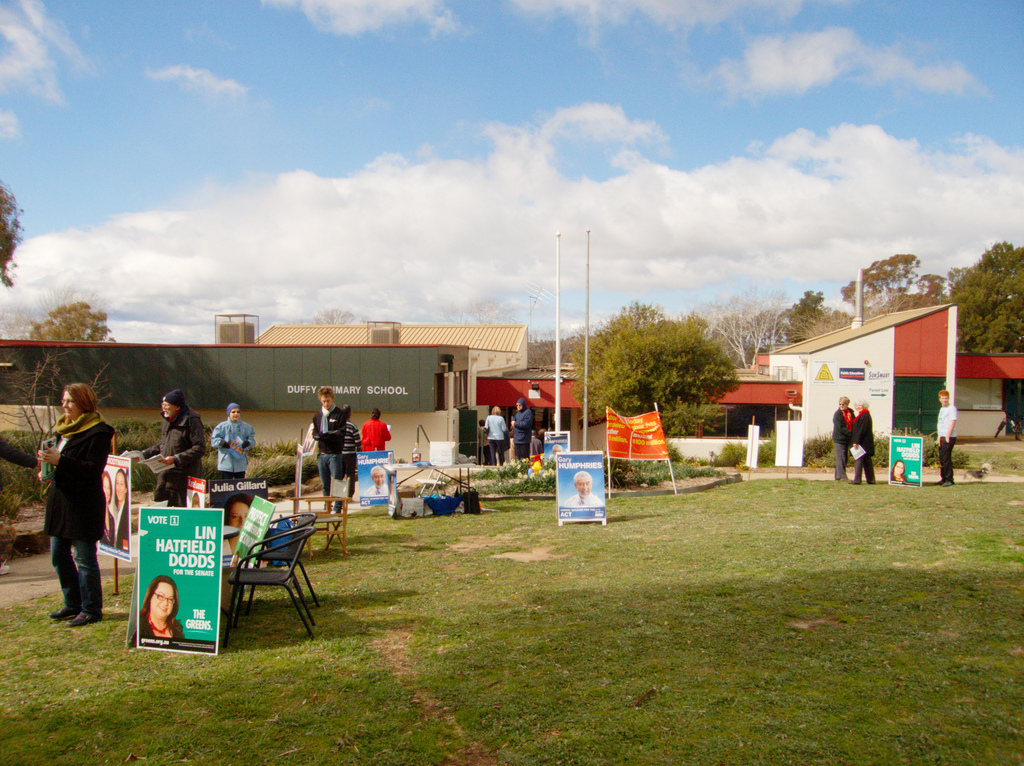In 1986 president Ronald Reagan said the nine most terrifying words in the English language were: ''I'm from the government and I'm here to help.''
Australians often pride themselves on being different from Americans. But all indications suggest you'd be hard-pressed to find many Australians who don't share Reagan's view. Events over the past few weeks, ranging from distrust over the government's budget numbers to the ditched electoral reform deal, have done nothing to help this. In fact, distrust in government seems to have reached new lows.
A poll that colleagues and I released on behalf of the Centre for Advancing Journalism last month highlights the magnitude of this problem. Majorities said the quality of political leadership, and political debate, was noticeably worse now than it has been in the past. Fewer than 10 per cent said it was ''noticeably better''. On top of this, only 28 per cent said they had confidence in the federal government. Will all of this change with a new government?
 Democracy is appealing to many because we routinely get to ''throw the bastards out'' if we so wish. But the alternative, to many, doesn't look much better.
Democracy is appealing to many because we routinely get to ''throw the bastards out'' if we so wish. But the alternative, to many, doesn't look much better.
So what's the problem? What are the deeper causes for this?
One reason, which politicians have no control over, is the general decline in deference in society. The results from our poll show low levels of confidence in government are accompanied by low levels of confidence in a raft of public institutions. Whereas once people deferred almost unquestioningly to journalists, teachers, parents (indeed, authority figures of most kinds), this is no longer the case.
The psychologist Stanley Milgram ran some frightening experiments in the 1960s showing how willing experimental subjects were to administer electric shocks (which were later revealed to be fake) to others at the request of an authority figure. The experiment conducted today would probably show up different results. Try asking any school teacher. Another part of the broader story is people entering politics as a ''career'' or, even worse, a racket rather then a vocation.
The story told by journalist Mark Aarons of former senior NSW government minister Ian Macdonald - referred to by others as ''Sir Lunchalot'' - sweeping up the money his guests left for lunch and paying with a government credit card is a saddening example of this.
This points to an even deeper problem, which is that politics, in some troubling ways, has become divorced from morality.
Many acts are unethical but not illegal. And many people choose not to engage in unethical acts. Call it a social contract.
But in many people's eyes politicians have broken that social contract and just about everything they do is viewed with suspicion.
Not all of this is justified. It's worth remembering that politicians don't get paid much compared with their friends in the private sector. And they face intense, increasingly vindictive, media scrutiny.
It's also worth remembering that when people say they hate politics, they don't really mean it. They mean they hate forms of politics. Even as you read this article, public servants and politicians are working quietly and often without thanks, doing good things for the public
This work is what Max Weber called ''a strong and slow boring of hard boards''.
In other words, we shouldn't forget that, beyond the sound and fury of partisan politics, a lot of public policy goes on in the background. And, yes, a lot of that good work will go on after you finish reading this article and after the government changes.
So what can be done about the disenchanted mood of the Australian public? One potential solution to the problem is to stop ''poll-gazing''. Star-gazing yes, poll-gazing no. Our effort to raise people's heads from the polls is a project in which we are not asking people who they are going to vote for, but rather what issues they want politicians to speak about.
We'll do so, along with social media group OurSay, by allowing people to vote for the issues they want politicians to speak about online. Call it an electronic town hall. We will then hold actual town-hall meetings in 10 electorates and get politicians to speak to these issues. We call this the Citizens' Agenda.
Bill Clinton has said ''the first era of representative democracy was great … but there was a weak public mandate and inert citizenship''. He suggested we could now move ''towards a second era … where you have a culture of public deliberation and active citizenship''.
The Citizens' Agenda is our attempt to contribute to this.
We don't like the tone and tenor of political discussion much more than the public seem to (and we live and breathe this stuff!). So we're trying to change the conversation.
This is a ''world first'' trial and we're excited to be a part of it. But do citizens actually want to be part of this conversation? Over to you.
Read the University of Melbourne's media release.
This article first appeared in The Age.
Image credit: Basil Dewhurst (Flickr)





